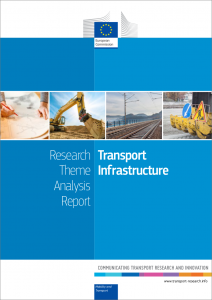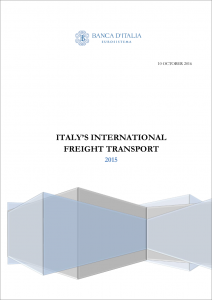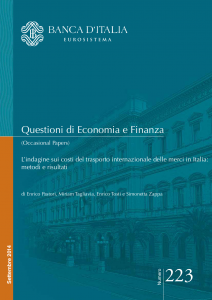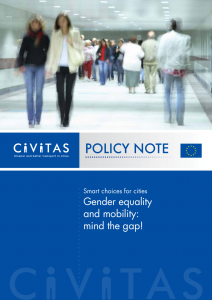TRIP Research Theme Analysis Report – Transport Infrastructure
The new report from the European Commission funded Transport Research Innovation Portal (TRIP) provides a comprehensive review of multimodal transport infrastructure research performed by European businesses, public organisations and academic institutions.
It offers a rare snapshot of the current infrastructure research and innovation landscape to help focus policy makers, stakeholders and researchers on areas to improve the accessibility and performance of transport systems across Europe.
The report covers six interlinked sub themes of transport infrastructure development: planning; assessment; pricing, funding and financing; construction; management and governance; and monitoring and maintenance.
Research projects included in the report are drawn from the online Transport Research Innovation Portal (TRIP) – a free to access, European Commission funded portal for EU professionals to share and discuss innovations in transport mobility.
Co-Authors: Claudia de Stasio, Cosimo Chiffi, Alessio Sitran, Riccardo Parolin, Silvia Maffii (TRT)










